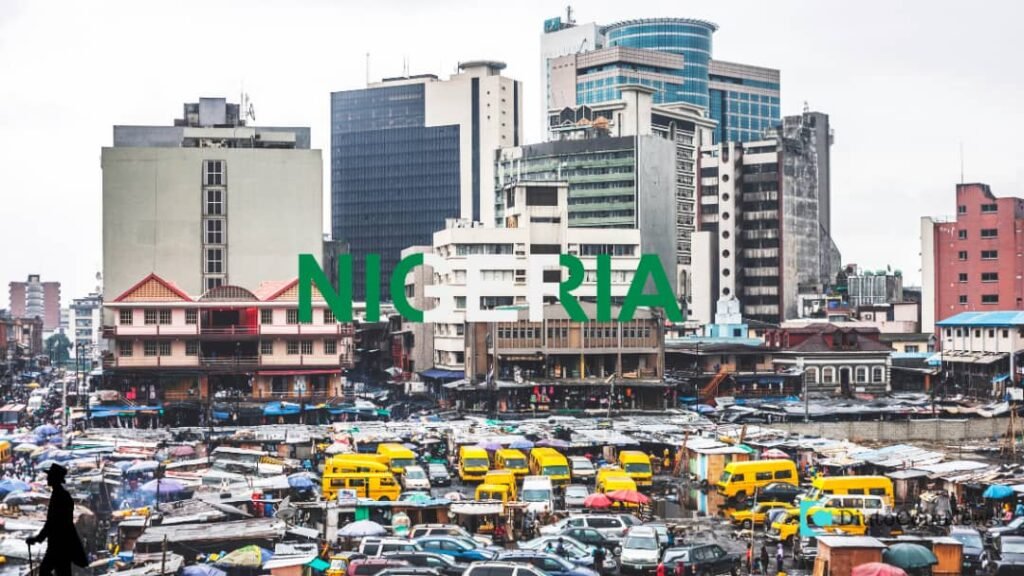According to the Second-Quarter 2024 Report of the National Pension Commission (PenCom), Nigerian bonds faced massive selloffs as investors moved to focus on good governance over high yields.
Following the report, there’s a change noticed, and this is a shift from the interest of global investors; now preferring more steady investments than a neck-deep dive into developing and emerging markets. A large shift in risk appetite.
A reported decline in Bond Index
According to the report also, there is a decline in the bond index. The report revealed that the S&P/FMDQ Sovereign Bond Index, which tracks the performance of Nigerian sovereign debt, dropped by 7.82%, falling from N593.86B in March 2024 to N547.61B by the end of June 2024.
It read thus, “As of June 30, 2024, the S&P/FMDQ Sovereign Bond Index, which monitors the performance of sovereign debt issued by the Federal Government of Nigeria, recorded a further decline. The index decreased by 7.82% from N593.86B as of March 29, 2024, to N547.61B. This reflects continued volatility and changes in the sovereign bond market during Q2:2024.
“Also, Nigerian bonds experienced a sell-off as investors emphasized good governance over high yields in emerging markets.”
The interest of the investors in governance clouded the potential of high returns given that the Central Bank of Nigeria (CBN) raised its Monetary Policy Rate to a historic 26.25% to curb inflation, which had risen to 34.19% by the end of Q2 2024.
Read Also: Understanding the US Fed Rate Cut and Its Effects on the Nigerian Naira and the Crypto Market.
The report added, “Interest rates across the Naira yield curve showed mixed movements, with short-term rates rising by 190 basis points due to liquidity tightening by the Central Bank of Nigeria (CBN), which raised rates by 150 basis points to a historic 26.25% during its May MPC meeting.”
The report also shows that despite the government’s attempts to increase the bond index, the year-to-date performance remained negative at -3.9%, indicating that investor sentiment had not fully recovered. Their attempts at expanding the bond index were through the auctioning of N1.23 trillion in bonds.
It read thus: “On the longer end of the spectrum, the Debt Management Office (DMO) auctioned N1.23 trillion in bonds, contributing to a retracement in yields from the peak levels observed in Q1 2024, particularly across less actively traded bonds. This yield adjustment led to an 8.2% rise in the FMDQ S&P Nigeria Bond Index for the quarter, although the year-to-date performance remained negative at -3.9%.”
Aside from this, there were also efforts to tighten liquidity through Open Market Operations (OMO), after which the CBN recorded sales amounting to N2.9T and a one-year stop rate yield of 28.95%. Also, Treasury Bills sales, totaling N2.85T in Q2, saw their average stop rates rise by 323 basis points, reaching 18.08%, while the one-year bill closed at 20.68% (effective yield: 26.03%). The report also buttressed the surge of investments in Federal Government Securities.
“Pension Fund Assets were mainly invested in Federal Government Securities (FGN), which accounted for 63.27% of total assets. The composition of investments in FGN Securities were as follows: FGN Bonds, 96.43%; Treasury Bills, 1.95%; and Agency, Sukuk and Green Bonds, 1.62%.”
Final Thoughts
The unstable government and economy in Nigeria that has given global investors double thoughts irrespective of potential high returns is sad to see. We can only hope for a change to a better economy.
Discover more from DiutoCoinNews
Subscribe to get the latest posts sent to your email.












